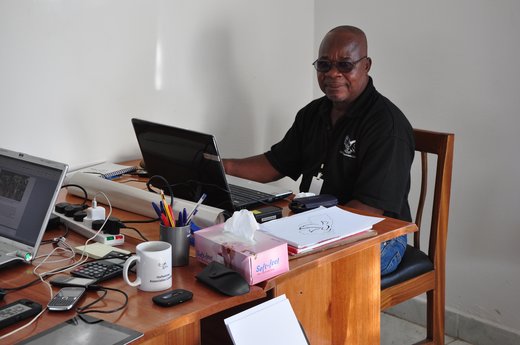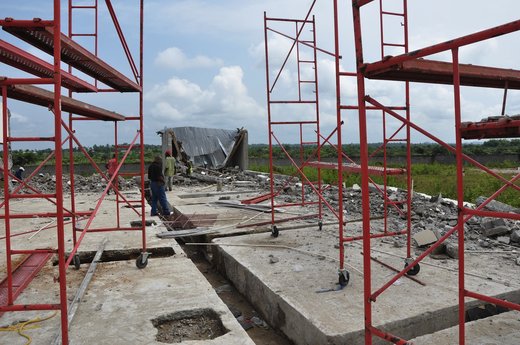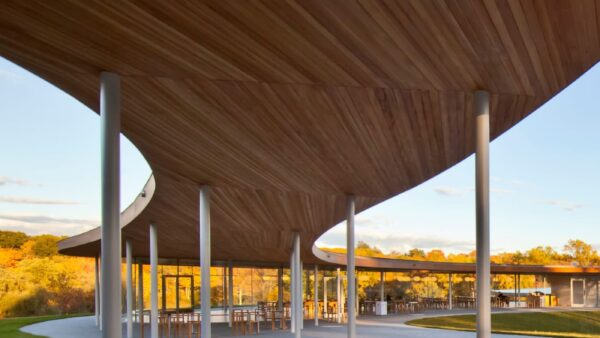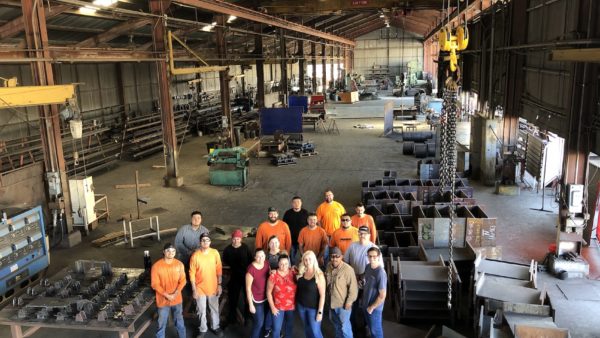5 February 2014
By Neil Coker in Liberia

Liberia is buzzing at the moment. Different organisations are scoping myriad projects country-wide and the opportunities are attracting a lot of interest.
Of course, much is speculative. For instance, mining companies are still waiting for their licences, which, when they come, will kickstart the mining infrastructure sector – two major rail lines, two ports, feeder and primary roads and associated culverts and bridges.
Funding from the World Bank, USAID, Swedish International Development Agency, DFID and other organisations is available and is driving projects in education, healthcare, infrastructure and capacity building.
Entrepreneurs are identifying tourism hot spots; Liberia has excellent beaches, surfing and game fishing along the coast and huge expanses of unexploited tropical rainforest for the more adventurous.
A small company like mine is easily overlooked in the mêlée and is totally dependent on networking, local marketing and word of mouth. We use Facebook and LinkedIn, locally managed expat forums, local press, embassy networking events and regular interface with NGOs, the World Bank, and government ministries.
It’s paying dividends as we have now successfully completed two projects for international companies and have just signed up our third, delivering design management and cost estimation for a new-build abattoir.
Our fourth contract, providing project and commercial management on a refurbishment, is due to be signed in the next 10 days.
On top of that we are being asked to price a great quantity of jobs.

My first local employee, general manager Edwin Womba (Neil Coker)
Hiring local staff is crucial. Clients like to see companies willing to train and manage nationals, but it must be done within the law.
Frequently staff are hired on an ad-hoc basis and paid in cash, but the government is clamping down on this now. It’s best to use a competent accountant and register your staff with the Ministry of Finance. Staff get a social security card, you pay their taxes, and everyone is above board.
There are numerous stories circulating now about companies being targeted by the authorities and given stiff penalties for circumventing the rules.
Not what you’d expect
On the abattoir project I had to work with a local architect.
It was a design and build contract but not your usual type because we had to go back to basics and educate the architect’s draughtsmen in what was required on the drawings.
It is an interesting experience visiting an office which has intermittent power, random internet provision, no working printer and extremely limited computer equipment.
It has been a challenge teaching someone how to create title blocks, create and sequence drawing numbers, manage a drawing register, standardise dimensions and generally do all we would normally expect from a competent designer, but they are motivated and keen to learn.

My latest project, design management of an abattoir in Careysburg, Liberia. Demolition of the existing is ongoing. (Neil Coker)
After a week of tearing my hair out we had a standard format, legible and coordinated drawings and a happy client!
Everywhere you look in Liberia, there are extremes. You can have coffee in a luxury hotel comparable to one in any city in the world whilst next door is a huddle of shacks made out of scrap metal, pallets and car doors.
Over the last 12 months, however, many changes have sneaked up on me.
Now every spare piece of land is either being built on or used as a business. Suddenly everywhere you’ll see second hand cars and trucks for sale and tiny plywood booths selling water, fruit, telephone cards, and even electricity to charge your phone. (Where it comes from is not something you ask.)
A recent trend is impromptu block-making factories, with teams of sweating labourers using small steel moulds to churn out solid and hollow core blocks.
When operating in a post-conflict area optimism is a prerequisite, but it has to be tempered with pragmatism. This is not the First World: our norms are good to aspire to but it is essential to understand that they won’t come overnight here.
Anyway, we’re glad to be a part of one of the most exciting markets in Africa and are looking forward to 2014.
Neil Coker is a project manager with experience delivering projects in the UK, Middle East and Africa. He is now heading a niche construction delivery company in Liberia.










